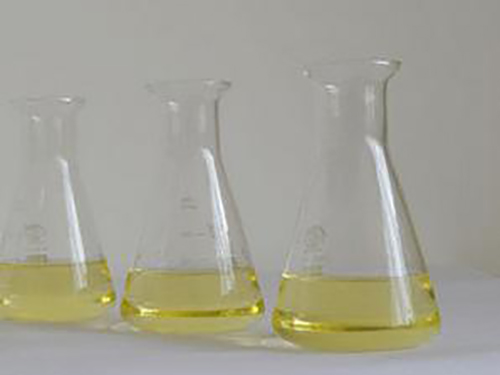Understanding the Role of Corrosion Scale Inhibitors in Industrial Applications
Corrosion Scale Inhibitors A Key Solution for Industrial Applications
Corrosion is a significant concern in various industrial processes, as it can lead to costly equipment damage and unplanned downtime. One of the most effective methods for combating corrosion is the use of corrosion scale inhibitors. These specialized chemicals play a crucial role in protecting infrastructure, ensuring the longevity of equipment, and maintaining efficient operations in industries such as oil and gas, power generation, and water treatment.
Corrosion scale inhibitors work by forming a protective barrier on metal surfaces, preventing corrosive agents from causing damage. The inhibitors can either be organic compounds or inorganic salts, and they target both the electrochemical processes that lead to corrosion and the encrustation of scale, which can occur in systems where water is heated or evaporated.
One common type of corrosion scale inhibitor is phosphonates, which are effective in controlling scale formation and provide excellent protection against corrosion in various water systems. Another category includes polyacrylic acids, which are particularly useful in mineral-processing applications and cooling water systems. By selecting the appropriate type of inhibitor, industries can significantly reduce the risk of corrosion and scale buildup, enhancing overall operational efficiency.
The application of corrosion scale inhibitors is particularly critical in the oil and gas industry, where harsh environments can accelerate the corrosion process. The presence of water, carbon dioxide, and hydrogen sulfide can create a highly corrosive atmosphere, damaging pipelines and equipment. In this setting, the use of inhibitors can extend the life of the infrastructure, reducing maintenance costs and increasing safety.
corrosion scale inhibitor

In power generation, where water is a vital resource, the importance of corrosion scale inhibitors is even more pronounced. Cooling systems, steam generators, and boilers are susceptible to scale buildup and corrosion, which can lead to efficiency losses and operational failures. By implementing effective inhibition strategies, power plants can ensure reliable performance and minimize environmental impacts.
Water treatment plants also benefit greatly from corrosion scale inhibitors. The presence of scale can impede water flow and lead to increased energy costs for pumps and other equipment. By utilizing suitable inhibitors, water treatment facilities can maintain optimal performance while minimizing the need for aggressive cleaning techniques or expensive repairs.
The effectiveness of corrosion scale inhibitors often depends on proper dosage and application methods. Industries must conduct thorough assessments of their specific conditions—such as water chemistry, operating temperatures, and material types—before selecting and implementing an appropriate inhibitor strategy. Regular monitoring and evaluation of inhibitor performance are also essential to ensure long-term protection.
In conclusion, corrosion scale inhibitors are essential tools for mitigating the risks associated with corrosion and scale formation in various industrial applications. By effectively deploying these chemicals, industries can protect their infrastructure, enhance operational efficiency, and reduce costs associated with maintenance and downtime. As technology advances, the development of more effective and environmentally friendly inhibitors will continue to play a vital role in fostering safe and sustainable industrial practices.
-
Water Treatment with Flocculant Water TreatmentNewsJun.12,2025
-
Polymaleic AnhydrideNewsJun.12,2025
-
Polyaspartic AcidNewsJun.12,2025
-
Enhance Industrial Processes with IsothiazolinonesNewsJun.12,2025
-
Enhance Industrial Processes with PBTCA SolutionsNewsJun.12,2025
-
Dodecyldimethylbenzylammonium Chloride SolutionsNewsJun.12,2025





